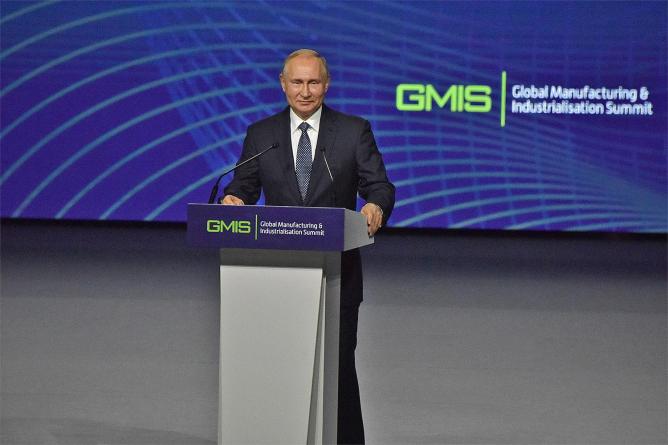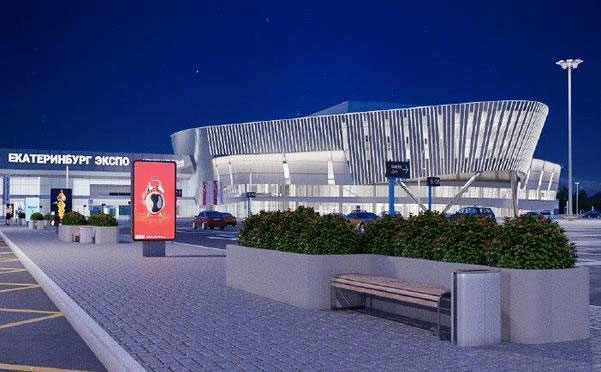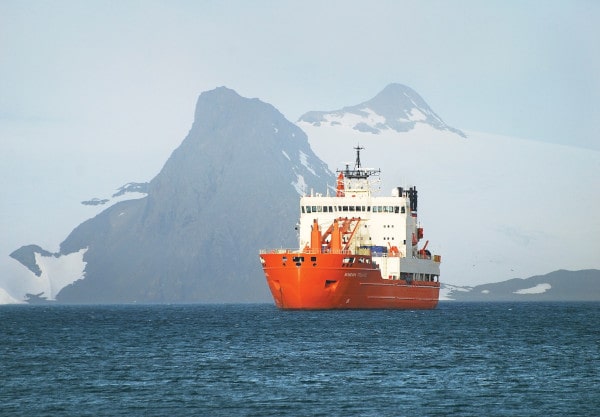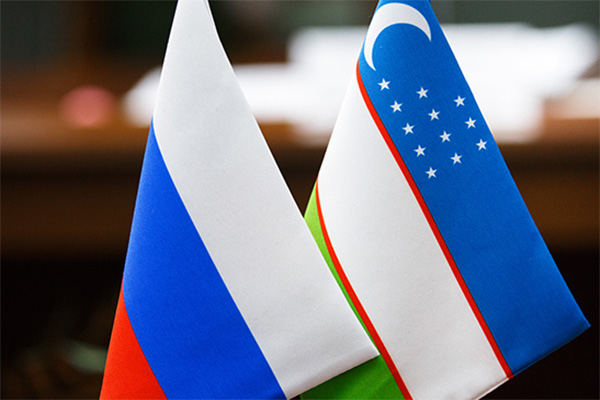The Global Manufacturing and Industrialization Summit (GMIS-2019) was held in Yekaterinburg from July, 9 through July, 11. GMIS-2019 business program included more than 40 events, business breakfasts, panels sessions on global business priorities, dialogues with global industry leaders, seminars and presentations. GMIS-2019 discussions focused on topics such as digital transformation and green technologies, smart cities, the development of low-carbon production, safety in industrial automation, robotics, and artificial intelligence.
The GMIS opening ceremony started with the welcome speech of Badr Al–Olama, Head of the Organising Committee for GMIS who said: “Nature should continue inspiring us on our path of technological innovation and transformation in the advent of the Fourth Industrial Revolution. This will allow for clean air, water, food, and quality of life to be sustained for generations to come. We are proud to announce our second global initiative that is inspired by the President of the Russian Federation, Vladimir Putin, and his vision of using sustainable and eco-friendly solutions that are inspired by nature. We look forward to the realisation of this global vision in partnership with academia, the start-up community, and the manufacturing sector.”
Dmitry Kozak, Deputy Chairman of the Government of the Russian Federation, said: “Synchronization of GMIS with the main industrial exhibition INNOPROM makes the 2 events an effective platform for strengthening international industrial cooperation, a unique discussion platform for the joint identification of actual problems of industrialization.”
“Russia’s desire to develop a modern manufacturing sector using 4IR technologies makes it an ideal venue for GMIS in 2019,” said Suhail Mohammed Faraj Al Mazroui , Minister of Energy and Industry of the United Arab Emirates.According to the Director General of the United Nations Industrial Development Organization (UNIDO) Lee Yong, “the 4th Industrial revolution will affect all of us, and expert discussions on these issues at GMIS can ensure a course for sustainable development”.
Russia’s President Vladimir Putin said: “I am convinced that ensuring clean air, water, food, and quality of life and life expectancy for billions of people requires drastically new technologies and technical devices, which are less resource-intensive but much more eco-friendly. Such uber efficient scientific engineering, manufacturing solutions will allow us to strike a proper balance between bio and techno spheres. This includes the so-called nature-inspired technologies. They imitate natural processes and systems. They follow the laws of nature. I believe that in our era of tectonic changes and uncertainty, the priority for us are the intrinsic values, the creation of better opportunities for life and development of people. This great responsibility lies with us for the future of our planet and we need to work together.”
The summit was held at the newly-built Congress Centre. The modern design and the infrastructure of the 42,000m2 Congress Centre was mentioned by the UNIDO head Li Yong as well as other high-profile guests. The Congress Centre accommodates conference halls, a media centre, art gallery, exhibition space, seminar rooms and lounges. It will become a major venue, presenting the widest diversity of exhibitions and events that will support the economic, industrial and cultural vitality of the city and region of Ekaterinburg.






